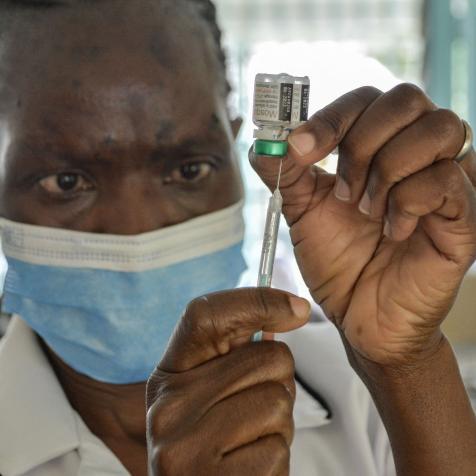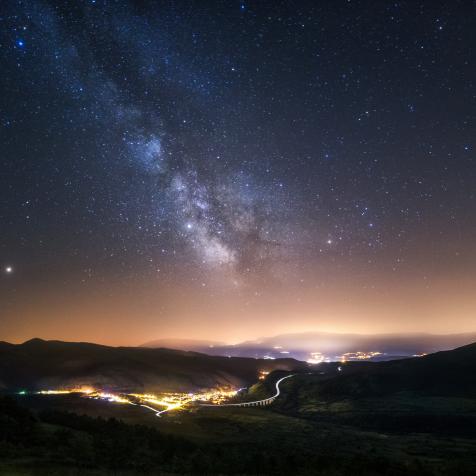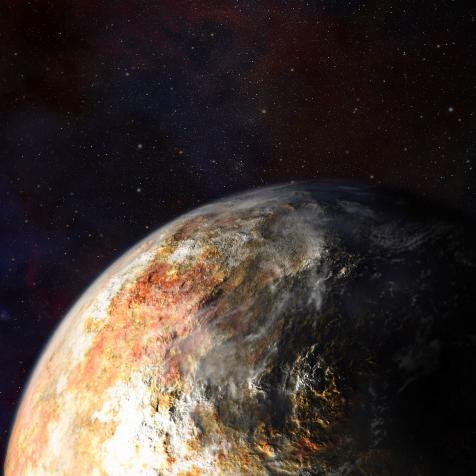
Shutterstock
Beware Of Azidoazide Azide, The World's Most Explosive Chemical
This super-sensitive explosive will explode in virtually any scenario.
What's the most explosive chemical you can think of? Nitroglycerin? Napalm? Let us introduce you to most volatile chemical known to man: azidoazide azide.
The Chemical Most Chemists Won't Touch
Azidoazide azide is the most explosive chemical compound ever created. It is part of a class of chemicals known as high-nitrogen energetic materials, and it gets its "bang" from the 14 nitrogen atoms that compose it in a loosely bound state. This material is both highly reactive and highly explosive. It's so sensitive, that it will explode in virtually any scenario—even when left completely alone.
In his aptly named article, Things I Won't Work With: Azidoazide Azides, More Or Less, chemist Derek Lowe explains a research group's attempt to study the stuff, illustrating just how explosive we're talking: "The compound exploded in solution, it exploded on any attempts to touch or move the solid, and (most interestingly) it exploded when they were trying to get an infrared spectrum of it." Suffice it to say, this chemical will explode if you so much as look at it funny.
Why Does It Exist?
Obviously, you won't see azidoazide azide for sale in your local hardware store any time soon. While other azides have their uses in creating explosives and aiding medicine—sodium azide, for example, plays a role in the world of medical devices—azidoazide azide is entirely the realm of experimental chemistry. It's a good thing, too. We'd rather leave this chemical to the professionals.
This article first appeared on Curiosity.com.


















